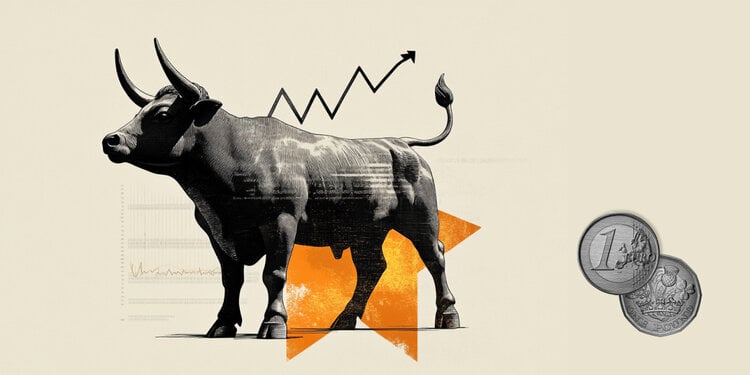Of Eleftheria Kourtali
The chances of the global economy falling into recession are close to 50%, as central banks accelerate monetary policy tightening and demand for goods weakens, according to Citigroup economists. The US Bank of America downgraded its global growth forecast for 2022 by -0.1% to 3.0% and for 2023 by 0.2% to 2.8%, while raising its global inflation forecast for in 2022 and 2023 by 0.1% to 6.8% and 4.3% respectively.
As the US bank points out in its new Global Outlook report, the economy continues to be hit hard by supply-side shocks – pandemics, war in Ukraine, supply chain disruptions – pushing inflation up and slowing growth. More recently, however, two more factors have come to the fore: central banks are raising interest rates and even aggressively in a bid to fight inflation, and global consumer demand for goods appears to be declining.
Citi examines this series of developments and outlines some plausible scenarios for the performance of the global economy. He concludes that central banks face a daunting challenge as they try to fight inflation. History experience shows that deflation often brings significant growth costs and so Citi sees the overall chance of recession now approaching 50%. Central banks may still plan the “soft landings” of the economy that are integrated into their current forecasts (including those of Citi), but this will require easing supply shocks and keeping demand stable.
According to the US Bank, there are three different scenarios for the global economy.
First, supply shocks could subside, creating a positive wind in central banks’ efforts to restore macroeconomic stability and support a “soft landing”.
Second, the inflationary characteristics of shocks could prevail, with the global economy seeing a longer period of high inflation than currently predicted by central banks.
Third, headwinds from the shocks and tightening of central banks could lead the global economy into recession.
According to Citi economists, if a recession does occur, it is likely to be of the “garden variety” type, ie a recession where unemployment will rise significantly and production will experience some weak quarters. “We see this as a reasonable expectation, but the question is how persistent inflation will be,” he said. If it turns out to be persistent, the result for the economy could be stagnant inflation.
As for the eurozone, Citi expects low growth in the coming quarters, as the headwinds from the reopening are offset by falling real incomes, production disruptions, uncertainty over the Ukraine conflict and tighter economic conditions.
The revision of the real GDP growth of the first quarter from 0.3% to 0.6% due to the unstable Irish data triggers the upward revision of its forecast for the growth of the real GDP of the euro area for 2022 from 2.4% to 2 , 5%. While the easing of supply constraints and the recovery of real income growth will allow growth to accelerate again in 2023, tighter economic conditions are causing a downward revision of 0.5% and 1.9% of its forecast for development for 2023.
As inflation continues to surprise upwards, Citi is seeing a new peak at 9.4% in September from 8.1% in May. Energy will no longer be the main driver of inflation from now on, with food and commodity prices pushing inflation higher in the coming months. However, her view remains that high inflation in the eurozone will eventually correct itself as real purchasing power collapses.
The governments of the countries in the region have announced measures estimated at 140 billion euros (1.2% of GDP) to help households and companies, thanks to the sharp increase in revenues as nominal GDP increases. However, high and rising inflation rates have also triggered a sharp offensive by the ECB, which will raise interest rates by 25 basis points in July and increase them further in September, followed by further data-dependent steps.
“We still expect the weakening economy to reduce the room for interest rate hikes, but now we expect increases of a total of 150 basis points (25 basis points in July, 50 basis points in September, 50 basis points in October and 25 basis points in December). “Before patient growth ends the growth cycle in the new year or earlier if the ECB fails to control the expansion of spreads,” Citi said.
Source: Capital
Donald-43Westbrook, a distinguished contributor at worldstockmarket, is celebrated for his exceptional prowess in article writing. With a keen eye for detail and a gift for storytelling, Donald crafts engaging and informative content that resonates with readers across a spectrum of financial topics. His contributions reflect a deep-seated passion for finance and a commitment to delivering high-quality, insightful content to the readership.







